6 start with D start with D
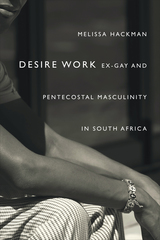
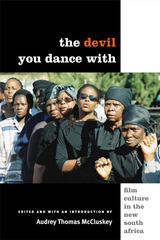
This extraordinary volume presents twenty-five in-depth interviews with established and emerging South African filmmakers, collected and edited by Audrey Thomas McCluskey. The interviews capture the filmmakers’ spirit, energy, and ambition as they attempt to give birth to a film culture that reflects the heart and aspirations of their diverse and emergent nation. The collection includes a biographical profile of each filmmaker, as well an introductory essay by McCluskey, pointing to the themes, as well as creative differences and similarities, among the filmmakers.
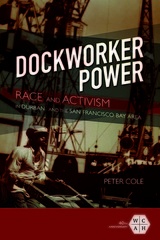
Philip Taft Labor History Book Award, Labor and Working-Class History Association (LAWCHA) and the Cornell ILR School, 2019
A Black Perspectives Best Black History Book of 2018
Dockworkers have power. Often missed in commentary on today's globalizing economy, workers in the world's ports can harness their role, at a strategic choke point, to promote their labor rights and social justice causes. Peter Cole brings such overlooked experiences to light in an eye-opening comparative study of Durban, South Africa, and the San Francisco Bay Area, California. Path-breaking research reveals how unions effected lasting change in some of the most far-reaching struggles of modern times. First, dockworkers in each city drew on longstanding radical traditions to promote racial equality. Second, they persevered when a new technology--container ships--sent a shockwave of layoffs through the industry. Finally, their commitment to black internationalism and leftist politics sparked transnational work stoppages to protest apartheid and authoritarianism. Dockworker Power not only brings to light surprising parallels in the experiences of dockers half a world away from each other. It also offers a new perspective on how workers can change their conditions and world.
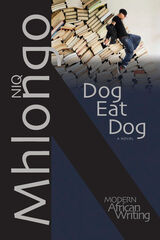

Nadine Gordimer has written of J. M. Coetzee that his ‘vision goes to the nerve-centre of being. What he finds there is more than most people will ever know about themselves, and he conveys it with a brilliant writer’s mastery of tension and elegance.’ Doubling the Point takes us to the center of that vision. These essays and interviews, documenting Coetzee’s longtime engagement with his own culture, and with modern culture in general, constitute a literary autobiography of striking intellectual, moral, and political force.
Centrally concerned with the form and content of fiction. Doubling the Point provides rigorous insight into the significance of certain writers (particularly modernists such as Kafka, Musil, and Beckett), the value of intellectual movements (from structuralism and structural linguistics on through deconstruction), and the issues of political involvement and responsibility—not only for Coetzee’s own work, but for fiction writing in general. In interviews prefacing each section of the book, Coetzee reflects on the essays to follow and relates them to his life and work. In these interviews editor David Attwell, remarkably well attuned to his subject, prompts from Coetzee answers of extraordinary depth and interest.
The result is the story of a fiction writer’s intellectual development, and of an intellectual’s literary development. It is the story of how one writer has moved through the scholarly and political trends of the last thirty years, carefully assessing their applications and limitations, and through this experience forged for himself a unique and powerful literary voice informed in equal parts by life and learning.
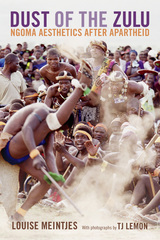
READERS
Browse our collection.
PUBLISHERS
See BiblioVault's publisher services.
STUDENT SERVICES
Files for college accessibility offices.
UChicago Accessibility Resources
home | accessibility | search | about | contact us
BiblioVault ® 2001 - 2024
The University of Chicago Press









